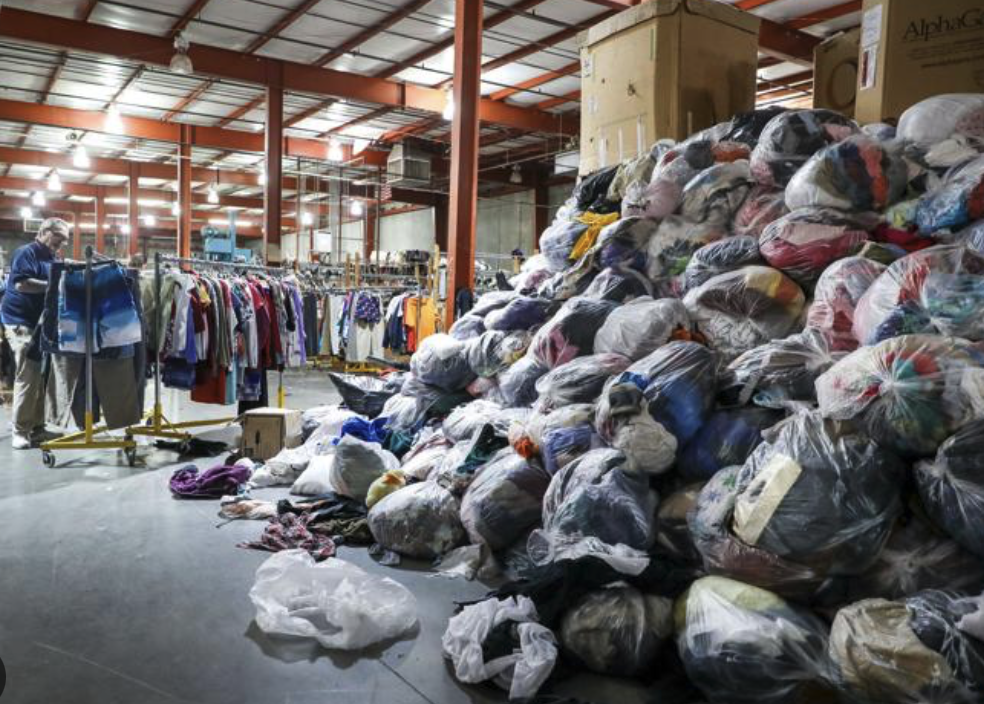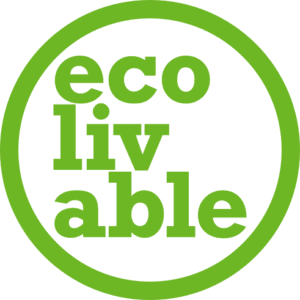In our fast-paced, consumer-driven world, the allure of quick, cheap, and disposable products is hard to resist. However, this culture of overconsumption comes with significant environmental, economic, and social costs. It’s time to rethink our purchasing habits and embrace the concept of buying better: investing in well-made products that last longer. This approach not only reduces waste but also promotes sustainability and mindful living. Let’s explore how buying better can make a meaningful difference.
The Problem with Disposable Culture
The rise of mass production and consumerism has led to an increase in disposable products. From fast fashion to single-use plastics, our landfills are filling up at an alarming rate. The environmental impact of this throwaway culture is staggering:
- Resource Depletion: The constant demand for new products strains natural resources like water, minerals, and fossil fuels.
- Pollution: Manufacturing processes release harmful pollutants into the air and water, contributing to climate change and health issues.
- Waste Management: Landfills are overflowing with discarded items, many of which take centuries to decompose.

The Benefits of Buying Better
Investing in high-quality, durable products can help mitigate these problems. Here are some key benefits of buying better:
- Longevity: High-quality products are designed to last. They are made from superior materials and built to withstand wear and tear, reducing the need for frequent replacements.
- Environmental Impact: Fewer products being manufactured and discarded means less resource depletion, pollution, and waste.
- Cost-Effective: While well-made products may have a higher upfront cost, they often save money in the long run by eliminating the need for frequent replacements.
- Support Ethical Practices: Many companies that focus on quality also prioritize ethical manufacturing practices, fair labor, and sustainable sourcing.
- Personal Satisfaction: Owning a well-crafted item can bring a sense of pride and satisfaction. The quality and attention to detail often result in a better user experience.
Filson Bag: A Testament to Quality
For instance, I’ve had a Filson bag for 15 years. It’s made from rugged materials like tin cloth and bridle leather, designed to withstand harsh conditions. Despite daily use, it remains sturdy and stylish, showcasing the brand’s commitment to durability and timeless design. Investing in such high-quality products reduces the need for frequent replacements, ultimately cutting down on waste.
This personal experience illustrates how buying better-made products can lead to long-term satisfaction and sustainability.
You can shop on their website or check them out on Amazon.
Tips for Buying Better
Transitioning to a buy-better mindset requires a shift in how we approach shopping. Here are some tips to get started:
- Research: Before making a purchase, research the product and the company. Look for reviews, warranty information, and the company’s commitment to sustainability.
- Quality Over Quantity: Focus on quality rather than quantity. It’s better to have a few well-made items than a closet full of cheap, disposable ones.
- Materials Matter: Pay attention to the materials used. Natural fibers, solid wood, and metal are often more durable and sustainable than synthetic alternatives.
- Secondhand Options: Consider buying secondhand. High-quality used items can often be found at a fraction of the cost and have plenty of life left in them.
- Maintenance: Take care of your belongings. Proper maintenance can extend the life of your items, reducing the need for replacements.
- Mindful Shopping: Practice mindful shopping by considering whether you truly need an item before purchasing it. This can help reduce impulse buys and unnecessary waste.
Real-World Examples
- Clothing: Instead of fast fashion, opt for timeless pieces made from high-quality fabrics. Brands like Patagonia and Eileen Fisher focus on durability and ethical production.
- Electronics: Invest in electronics from reputable brands that offer long-term support and repair options. Companies like Apple and Dell provide robust warranty programs and repair services.
- Furniture: Choose furniture made from solid wood or metal rather than particleboard. Look for brands that prioritize craftsmanship, like IKEA’s higher-end lines or local artisans.
- Household Items: For kitchenware, tools, and other household items, choose products made from durable materials like stainless steel, cast iron, and glass.
Conclusion
Buying better is more than just a shopping strategy; it’s a commitment to sustainability and responsible consumption. By investing in high-quality, durable products, we can reduce waste, save money, and support ethical practices. It’s a small change that can make a big difference in our lives and the environment. So next time you’re tempted by a quick, cheap fix, remember the long-term benefits of buying better and reducing waste.




